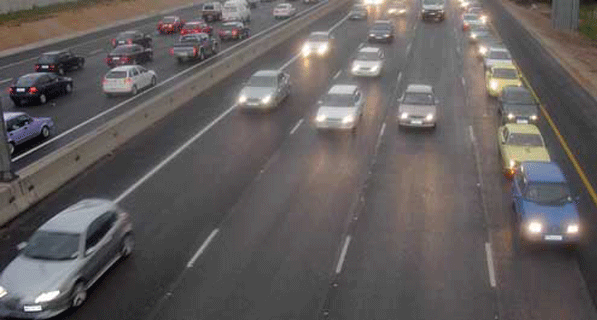
HARARE – Group Five International, a South African company contracted by a private firm Infralink to refurbish the 828km highway from Plumtree-Mutare for $200 million, says it will complete its work by year end, Parliament heard yesterday.
The project, which is being bankrolled by a loan from the Development Bank of Southern Africa (DBSA) commenced in 2012 and was initially expected to be completed in 36 months.
“We are targeting to complete all works by mid-December, but the installations from Goromonzi to Gweru might flow into January and February next year, ” projects director, Ham Coetzee said.
He said so far 712km had been completed although the company had experienced some delays due to late disbursement of funds by the DBSA. The work entails rehabilitation, widening shoulder ceilings and resurfacing the Plumtree to Harare and Harare to Mutare highways including installing nine toll plazas at a cost of $3 million each.
Responding to a question on the lifespan of the roads, he said they would last for 10 years depending on the loads they carried and maintenance.
On how much profit the company was making, Coetzee said the company was working with a profit margin of between 3% to 4%.
“We are here to establish a business not to take as much as we could and go away.
“We are not here to make pockets of money, in fact, we are not making much,” he said, adding that the company wanted to become a “development partner of the government and not to make a quick buck”.
- Chamisa under fire over US$120K donation
- Mavhunga puts DeMbare into Chibuku quarterfinals
- Pension funds bet on Cabora Bassa oilfields
- Councils defy govt fire tender directive
Keep Reading
“We are not here to rape Africa, but to contribute to the welfare and help build wealth in Africa. We pay all our taxes here in Zimbabwe.”
Coetzee could not respond to some of the questions, including the cost of moving a tollgate from Ntabazinduna in line with Sadc rules and why the Ruwa tollgate was removed saying this would be best answered by the Transport ministry and Infralink whose representatives did not attend the meeting.
He said the company was in compliance with the country’s empowerment laws employing mainly locals out of the 1 078 employees with only nine South Africans being employed. It also hired local sub-contractors to carry out some of the work.
Coetzee and his team of engineers could also not respond to the question on whether there were alternative routes that people could use if they did not want to pass through tollgates.
– The Source










